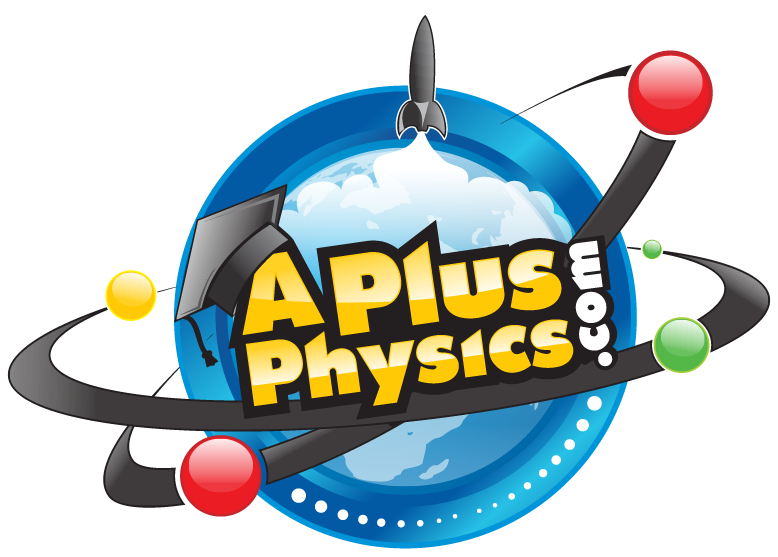For example, a skier who weighs 150 lbs going 20 mph can lessen the damage of a fall by landing over a large surface area by spreading out, landing on his side rather than on an outstretched arm.
Injury (damage) can also be prevented by channeling the impact through a medium which will disperse the force (a helmet).
By going to the top of that hill you are increasing your potential energy, aka, increasing your potential for damage/injury, but that can be watered down by reducing speed, wearing a helmet, and of course: falling correctly.
- Read more...
- 0 comments
- 516 views

